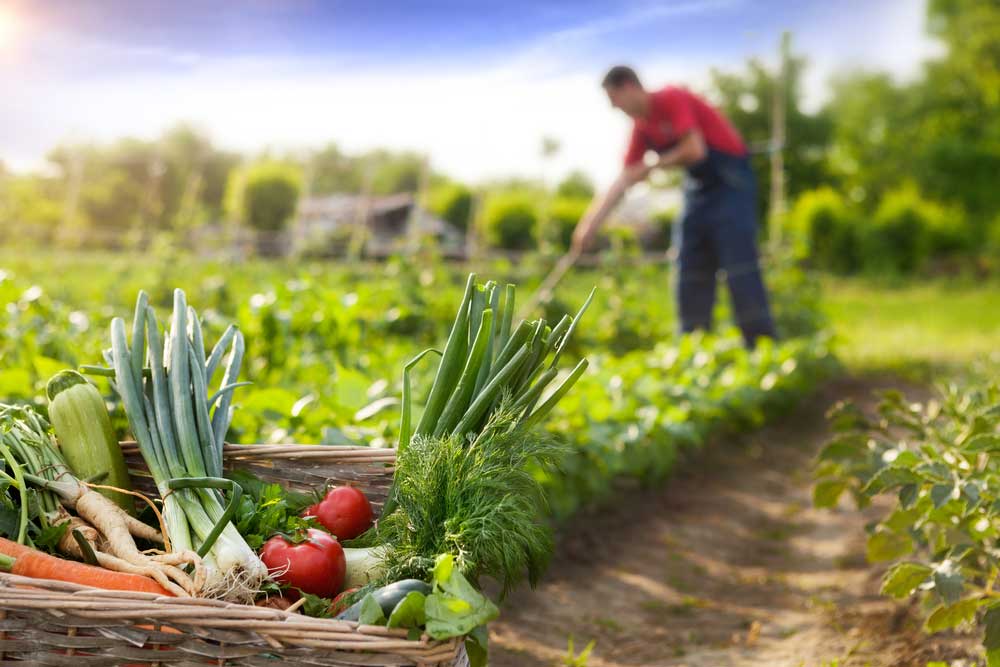DEFRA publishes long-awaited Agriculture Bill

Brexit is, quite understandably, a white-hot topic at present. The political shenanigans on both sides have become predictably tedious, but we’ve now finally had some more detail on how the government intends to deal with farming subsidies and rural stewardship once the UK leaves the EU. The new Agriculture Bill has been publicly launched and, so far, has received a reasonably positive response from rural operators, representative organisations and rural professionals.
As stated by Michael Gove earlier this year, direct subsidy will not continue. For farmers and landowners receiving public money, the focus will be on providing “public goods” instead. In 2019 and 2020, direct payments will be made as they currently are. A transition period between 2021 and 2027 will follow, during which the shift from direct subsidy to payments for “public goods” will take effect.
What are ‘public goods’?
The government classifies “public goods” as work farmers and landowners do to enhance the environment and invest in sustainable food production as part of a new environmental and land management scheme to be introduced by DEFRA.
Other public goods which could be supported include investment in technology and skills to improve productivity, providing public access to farmland and the countryside, enhanced welfare standards for livestock and measures to support the resilience of rural and upland communities.
Direct subsidies to reduce
While we await further detail on this, the Bill proposes the gradual reduction of direct subsidy payments by applying stepped percentage discounts across four bandings. The higher the current direct subsidy payment, the higher the reduction applied. As they receive less direct subsidy, farmers are expected to receive more payments for “public goods”.
Boosting productivity, protecting the environment
The Bill also seeks to further address concerns about food production and agricultural research and development post-Brexit. The government is proposing to finance cooperative farming research aimed at increasing productivity and reducing environmental impact.
All in all, the Agriculture Bill has provided some much-needed flesh on the bones of previous statements and looks to address a number of concerns raised by the industry. We’ll be keeping a close eye on developments and the progress of the Bill and will provide regular updates as and when further details are available.
If you have any questions or need any support with rural legal needs, please call David Towns, Head of the Agriculture, Estates & Rural Property, on 0191 211 7826 or email [email protected]
